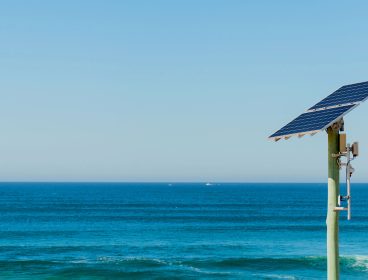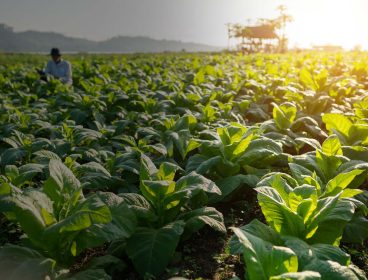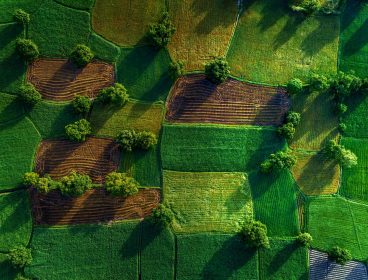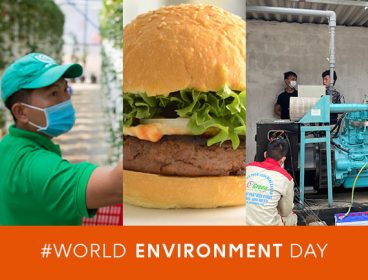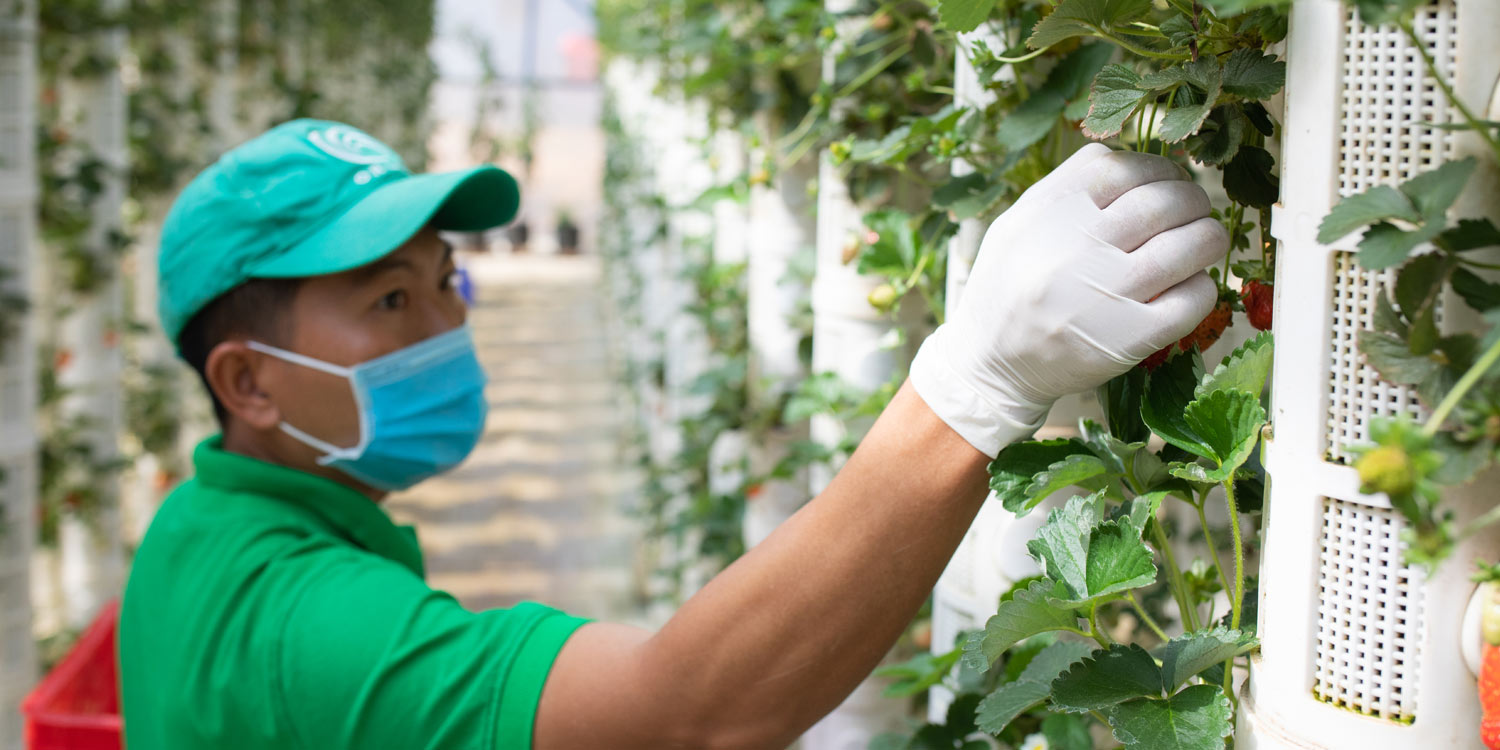
Climate and environment
Partnering for climate and environmental impact
DFAT’s Climate Change Strategy for Action 2020 – 2025 identifies the critical role of the private sector in climate action. Businesses can play an important role in reducing emissions and protecting vulnerable habitats while creating jobs and income.
The private sector is a key source of technical solutions, expertise, innovation and resources for climate solutions. Businesses can modify operating practices and promote greener growth through supply chains and operations.
The BPP is increasingly focused on catalysing and maximising private sector contributions to socially-inclusive and gender-responsive climate solutions through its partnerships.
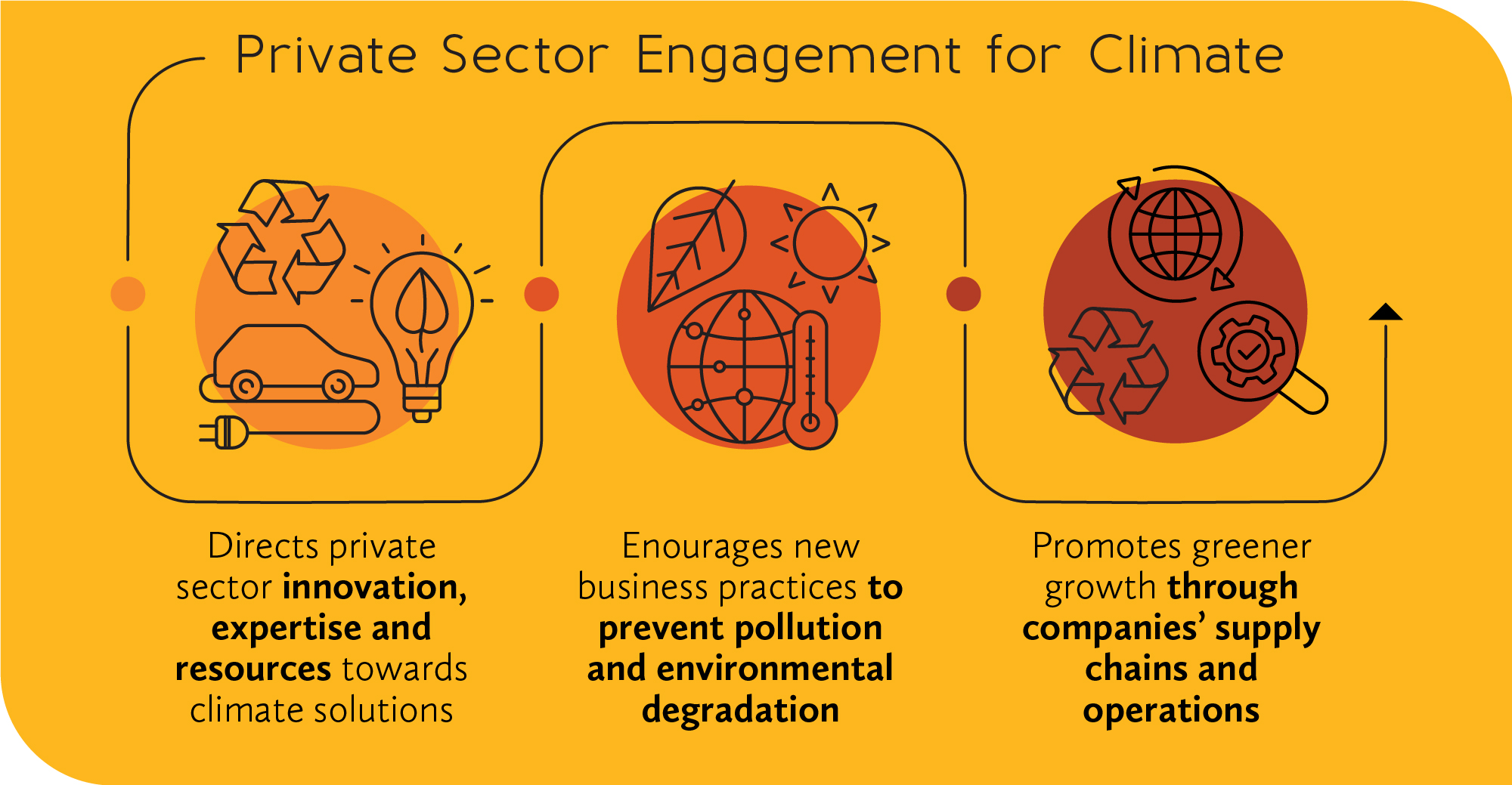
BPP climate and environment partnerships
Since 2020, improving climate resilience and addressing environmental challenges has been a key selection criteria for new BPP partnerships. All partnerships are encouraged and supported to mainstream climate change mitigation and adaptation into their operations. Additionally, BPP now has a portfolio of climate-focused partnerships, supporting innovative solutions to get tested and taken to scale, encouraging the establishment of greener value chains and promoting the development of markets for more environmentally friendly products.
The 2021 Vietnam Green COVID-19 Recovery Call for Partnerships was focused directly on climate and energy, particularly initiatives addressing emissions reduction, biodiversity, waste and climate change adaptation. The 2022 Call for Carbon Markets Partnerships in Vietnam solidified BPP’s climate-focused portfolio with 6 new partners aiming to support robust carbon markets development in Vietnam. The portfolio will be further strengthened by the 2023 Vietnam Call for Climate Adaptation Partnerships in the Mekong Delta, which currently underway.
BPP now has a strong portfolio of partnerships supporting environmental sustainability outcomes in the agricultural, energy, and resource sectors.
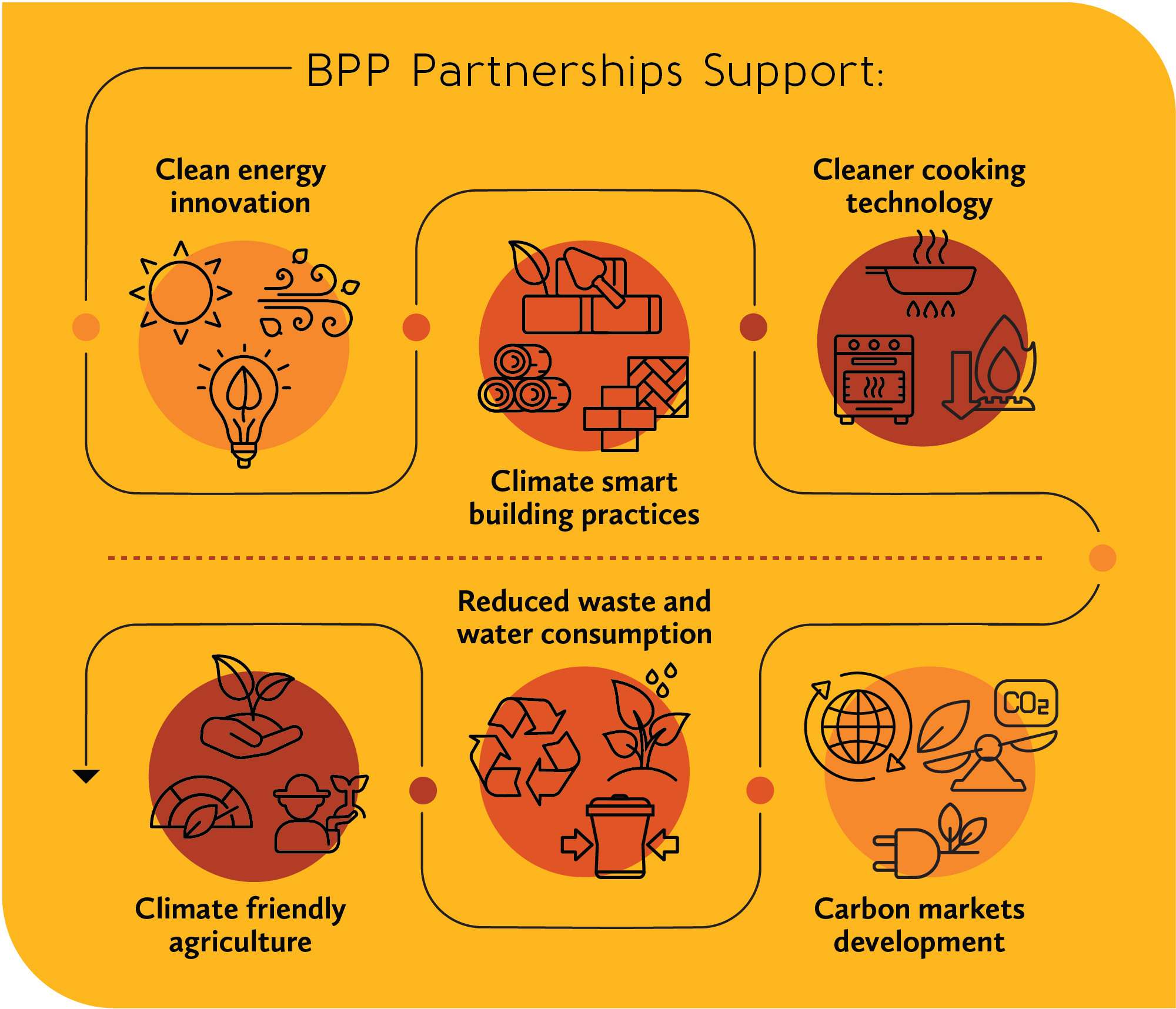
Carbon markets partnerships in Vietnam

BPP announced 6 new Carbon Markets Partnerships in Vietnam in November 2022. The partnerships, comprising businesses, non-government organisations, academic institutions and the Australian Department of Foreign Affairs and Trade (DFAT), will work to enhance the development of sustainable carbon markets that deliver social and environmental benefits to Vietnamese communities.
The new partnerships will pilot innovative, transparent and inclusive carbon models, technologies and methodologies under voluntary global carbon market frameworks. These partnerships aim to increase local carbon markets capacity and participation, improve the enabling environment for carbon projects in Vietnam and contribute learnings to the development of a robust future domestic market.
BPP will also work with partners to deepen the benefits of their projects by sharing key lessons, evidence and insights with development and carbon markets stakeholders in Vietnam and abroad.
Climate Adaptation Partnerships in the Mekong Delta
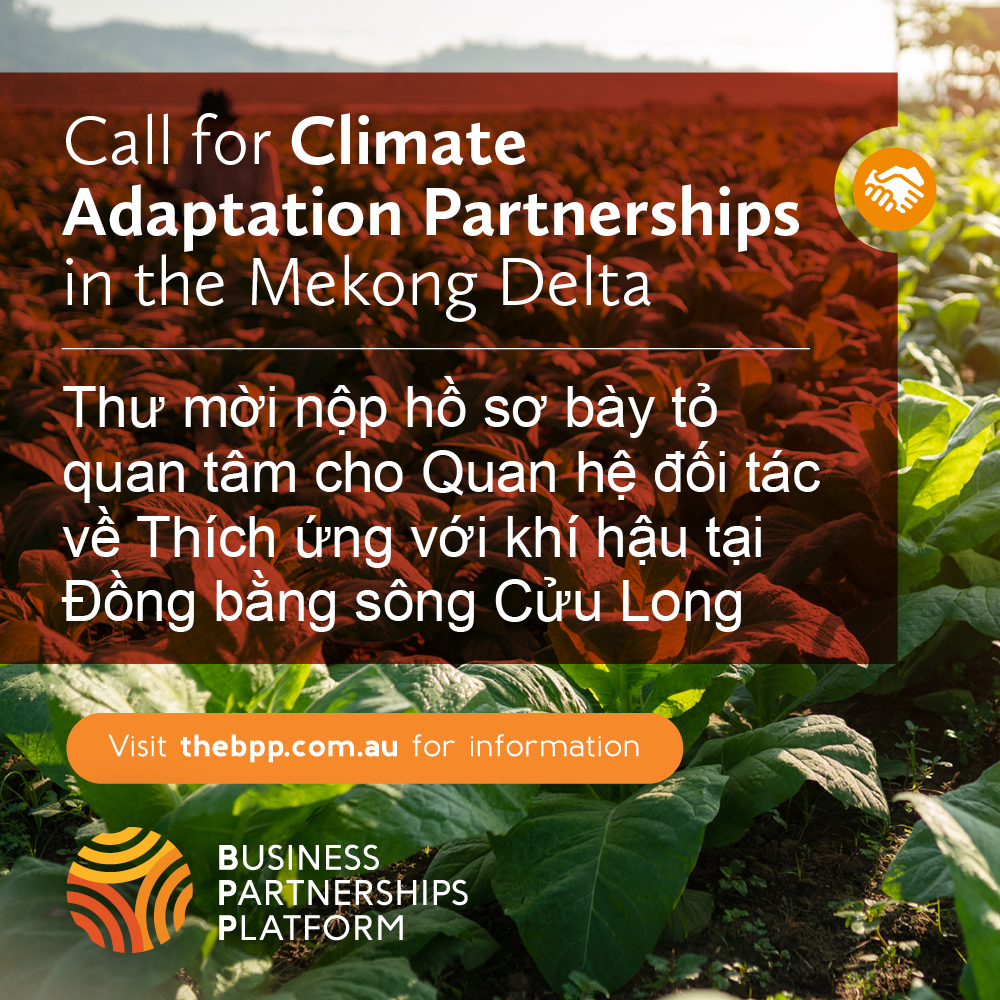
BPP’s 2023 call for climate adaptation partnerships in the Mekong Delta is currently underway and aims to support innovative ideas to support climate adaptation and resilience and deliver social, gender and development benefits in the agriculture sector in Vietnam’s Mekong Delta.
Through the call, BPP aims to develop partnerships with inclusive businesses and their partners working in the agriculture sector in the Mekong Delta to trial new models and technologies for climate adaptation, or scale proven methods, while delivering important benefits for Mekong communities.
Off-Grid Renewable Energy Partnerships in the Pacific and Timor-Leste
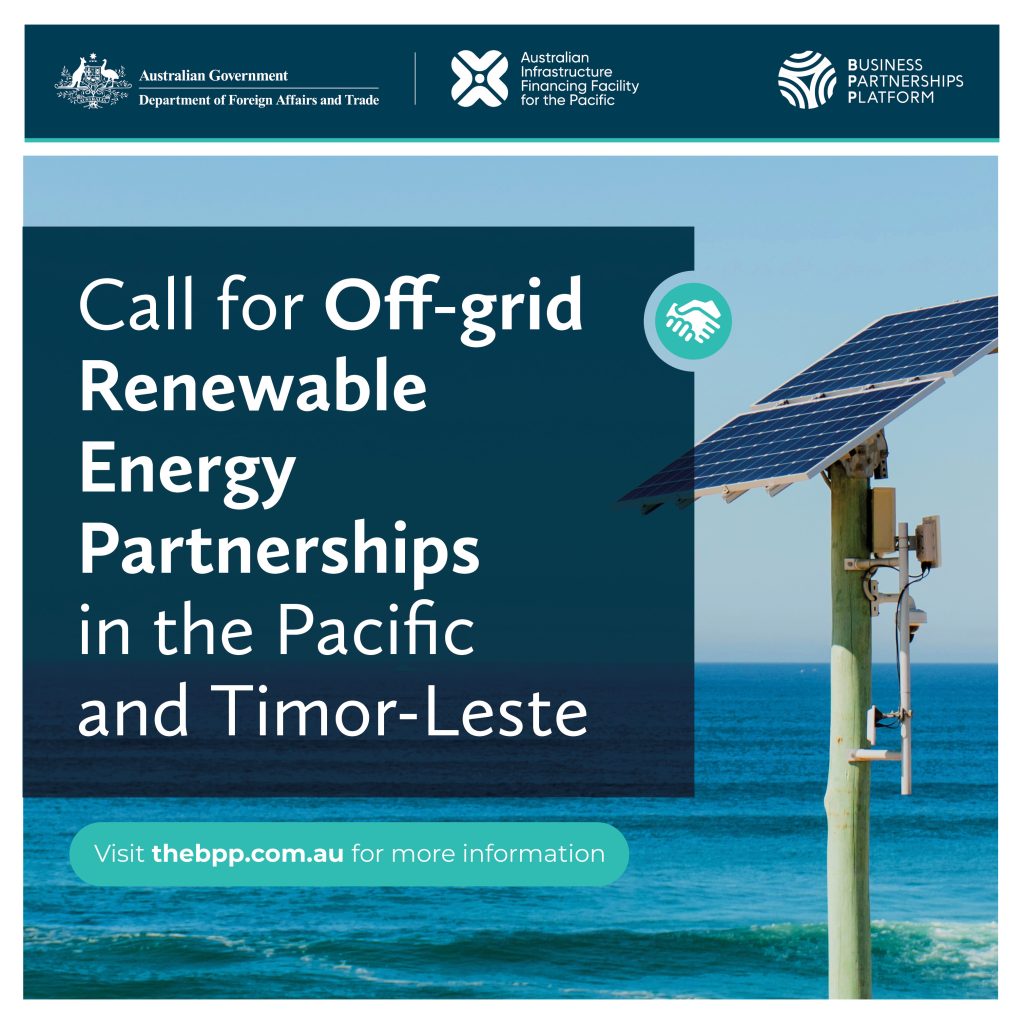
BPP’s 2023 call for off-grid renewable energy partnerships in the Pacific and Timor-Leste is currently underway. The call, in partnership with the Australian Government’s Australian Infrastructure Financing Facility for the Pacific (AIFFP), is seeking partnerships with businesses and organisations to trial new off-grid technologies and business models, or implement high-quality established off-grid energy solutions, for remote communities across the Pacific and Timor-Leste.
The Call for Partnerships aims to:
- Increase access to reliable and affordable off-grid renewable energy in rural and remote communities
- Improve lives, livelihoods and climate resilience of remote communities, especially women and people with disabilities
- Market test new technologies and approaches to foster investment in sustainable services to support the renewable energy transition.
For more information or to apply, click here.
BPP climate and environment partnership stories
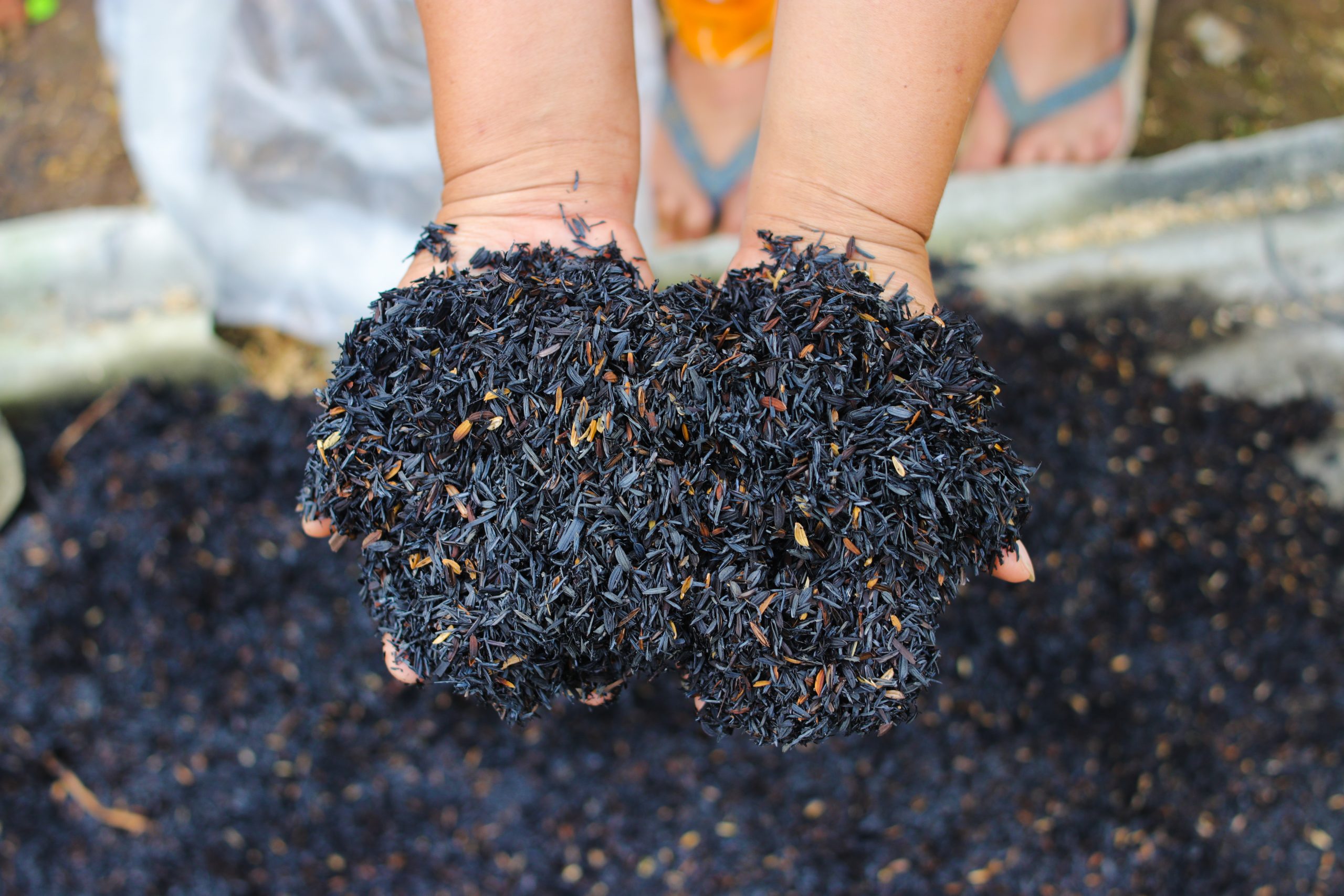
Biochar for carbon removal and improved livelihoods in Vietnam
This partnership between Biocare Projects, The University of Adelaide, Ho Chi Minh City University of Technology, EnergyLink Services Pty Ltd, Mai Anh Dong Thap and the Australian Department of Foreign Affairs and Trade is working to establish a pyrolysis facility in Vietnam’s Mekong Delta to turn waste biomass from agricultural activities into biochar – a durable form of permanent carbon storage which can also be used for soil conditioning, water filtration and as a animal feed that lowers emissions.
The facility and its supply chains is expected to create green jobs, improve livelihoods and reduce air and water pollution in the region.
.
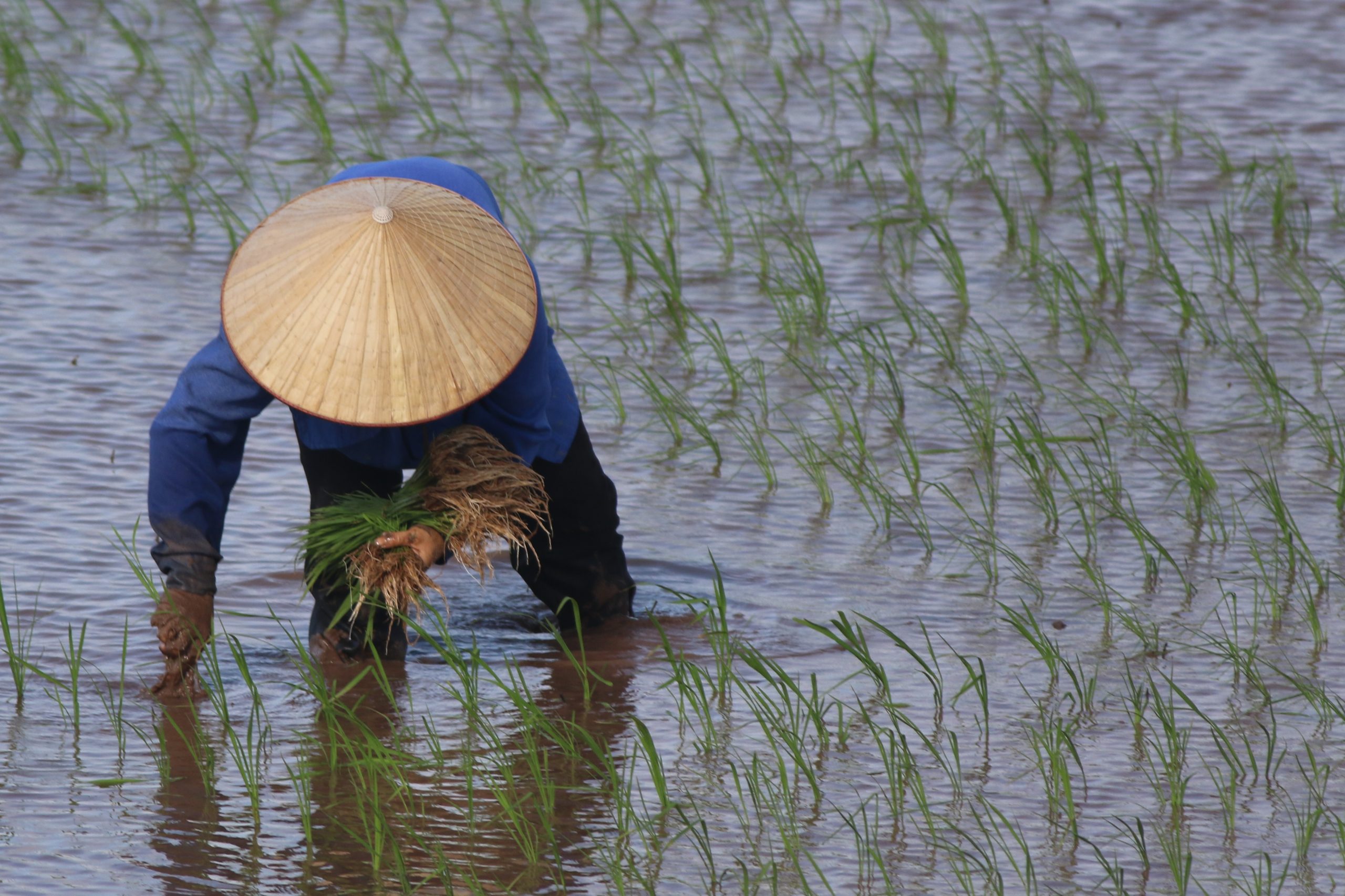
Scaling carbon markets access for sustainable rice producers in Vietnam
This partnership between the International Rice Research Institute – Vietnam, Gold Standard and the Australian Department of Foreign Affairs and Trade is working to simplify and de-risk carbon markets access for rice producers in Vietnam, by developing a framework to harness the rice sector’s potential to reduce methane emissions and provide a cost-effective, practical pathway for Vietnamese farmers to generate new income streams.
Once the platform is developed and applied in Vietnam, it’s embedded global applicability has the potential to achieve carbon abatement impacts at scale.
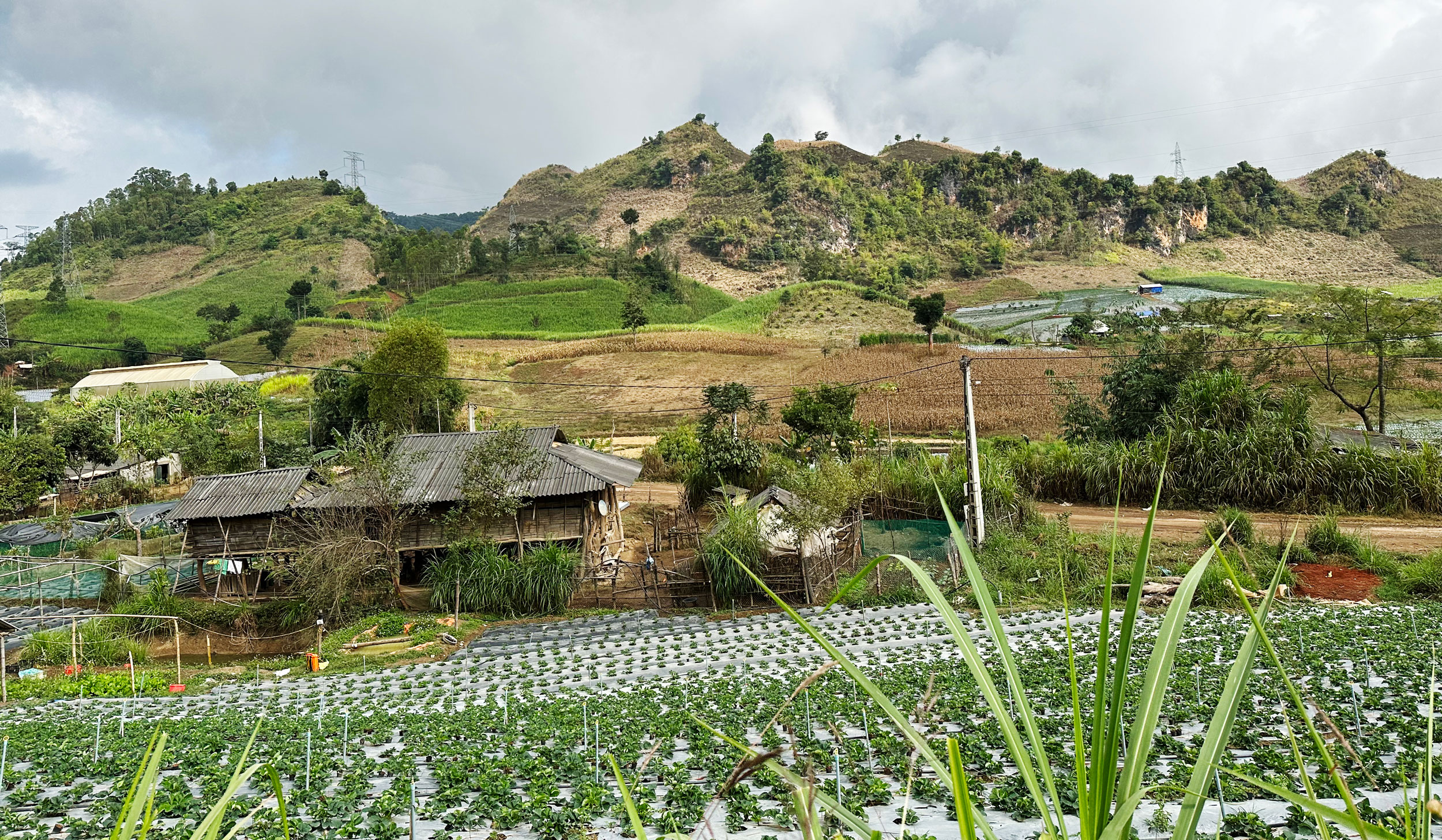
Upland agroforestry for incomes and carbon sequestration in Vietnam
This partnership between Greenfield Consulting and Development, The Forest Science Centre of Northwest (FSCN) Vietnam, The University of Queensland and the Australian Department of Foreign Affairs and Trade is working to generate long-term, sustainable incomes for small-scale farming households through timber and fruit production from scattered tree planting on sloping cropland in Son La province, Vietnam.
Tree planting on sloping land can absorb greenhouse gases which can create additional benefit streams for communities through carbon credits. These practices also reduce soil erosion and land degradation and improve long-term benefits such as biodiversity and agricultural productivity.
.
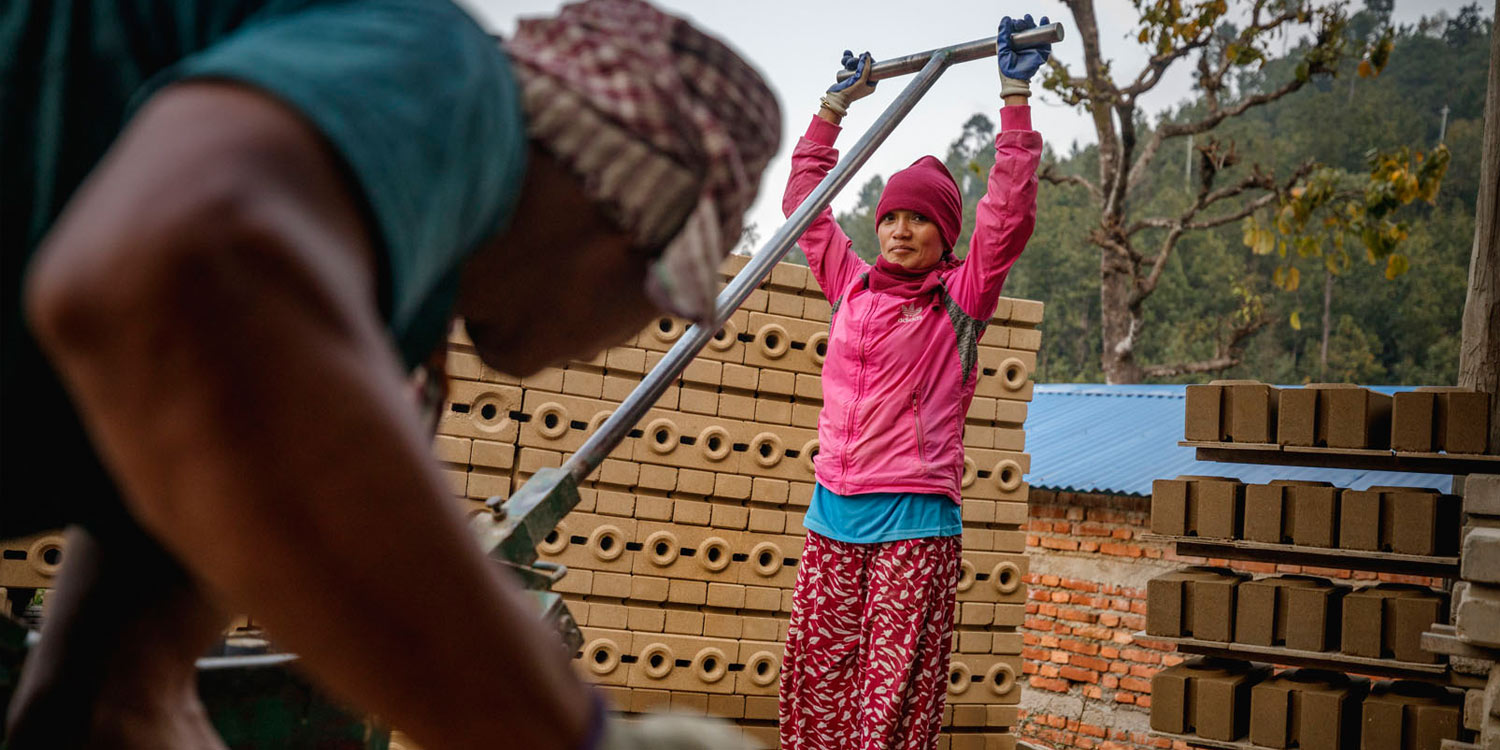
Scaling the production of affordable, safe and eco-friendly bricks in Nepal
This partnership between Build Up Nepal, Engineers without Borders Sweden, S&S Management Services and the Australian Government supports rural entrepreneurs by providing them with brick-making machines, training, and support to start and build micro-construction companies using safe, affordable and eco-friendly bricks. The brick-making technology is sustainable, off-grid (reducing the need for lengthy transport of material) and low-cost, using compressed local sand and soil with just 10% cement.
No fuel or burning is required, and less cement usage means 39% less CO2 emissions. The growing network of small businesses aims to replace 5% of carbon-intensive fired bricks with Build Up Nepal’s bricks by 2024, which will reduce CO2 emissions by 10,305 tonnes.
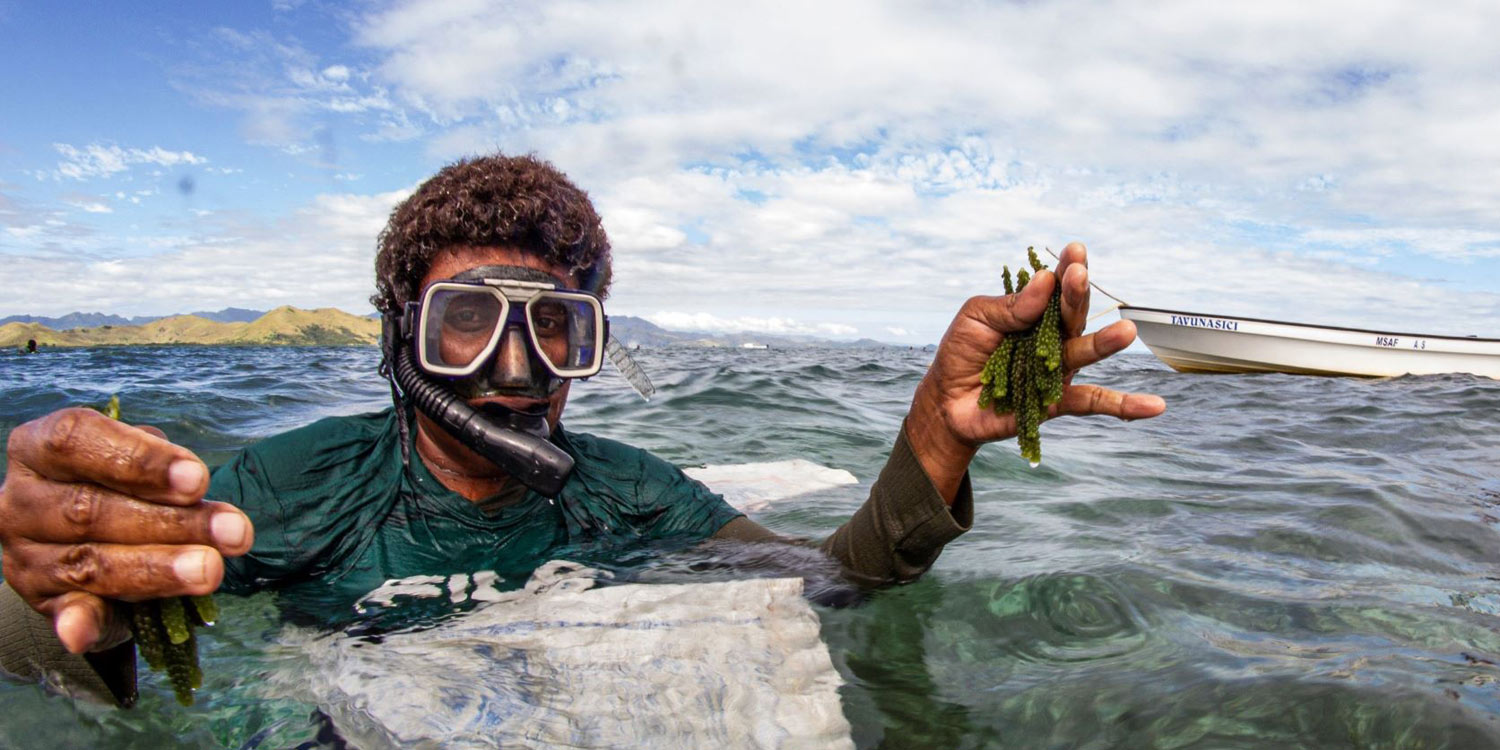
Sustainable Seaweed Production in Fiji
This partnership between Sea & Soil and the Australian Government is working to increase seaweed production in Fiji, to provide coastal communities with income and create a viable market for environmentally sustainable seaweed products.
Seaweed planted through this partnership will create new marine habitats and the organic fertilizer developed will reduce the use of chemicals in agriculture, while also decreasing animal methane emissions and improving yield in agriculture.

Advanced vertical farming for climate, lives and landscapes in Vietnam
This partnership between Orlar Vietnam, Raise Partners, SNV Netherlands Development Organisation and the Australian Government is working to scale an innovative vertical farming technology to increase sustainable food production and free up agriculture land for rehabilitation in Vietnam.
Orlar’s advanced vertical farming technology is ten times more productive compared to other alternatives, uses less land, 95% less water, and has no greenhouse gas emissions, alongside zero plastic and nutrient pollution. The land the vertical pods free up will be rehabilitated and returned to native vegetation.
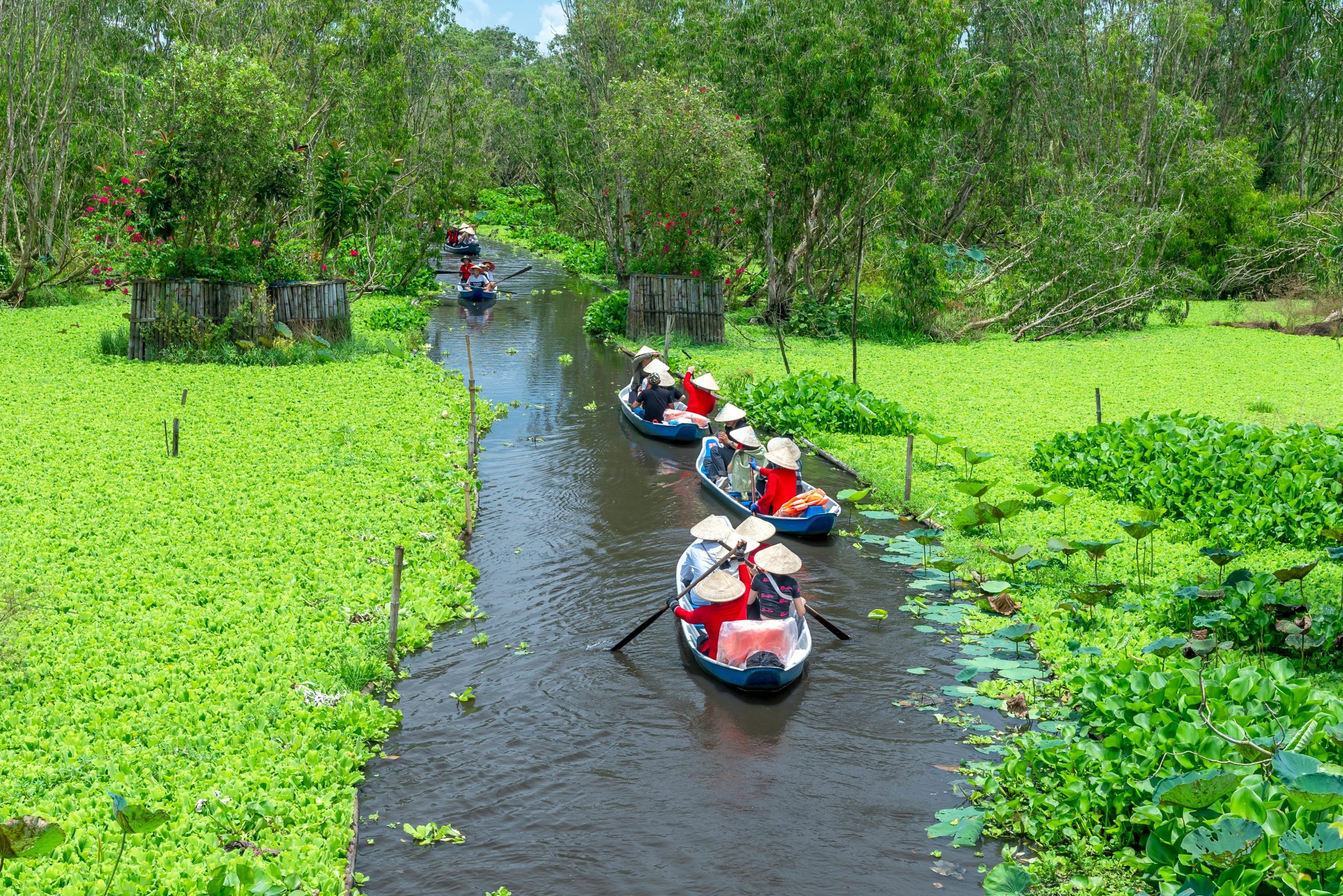
Promoting nature-based solutions through afforestation carbon projects in Vietnam
This partnership between South Pole, VNEEC and the Australian Department of Foreign Affairs and Trade is working to promote Nature-based Solutions carbon projects in Vietnam and support the enabling environment for Jurisdictional and Nested REDD+ projects, using existing afforestation projects in Northwest Vietnam as a model.
The partnership will work to strengthen individual and institutional capacity to implement carbon projects, through on-the-ground assistance, training and technical support – building a sustainable pathway for future forest management and carbon projects.
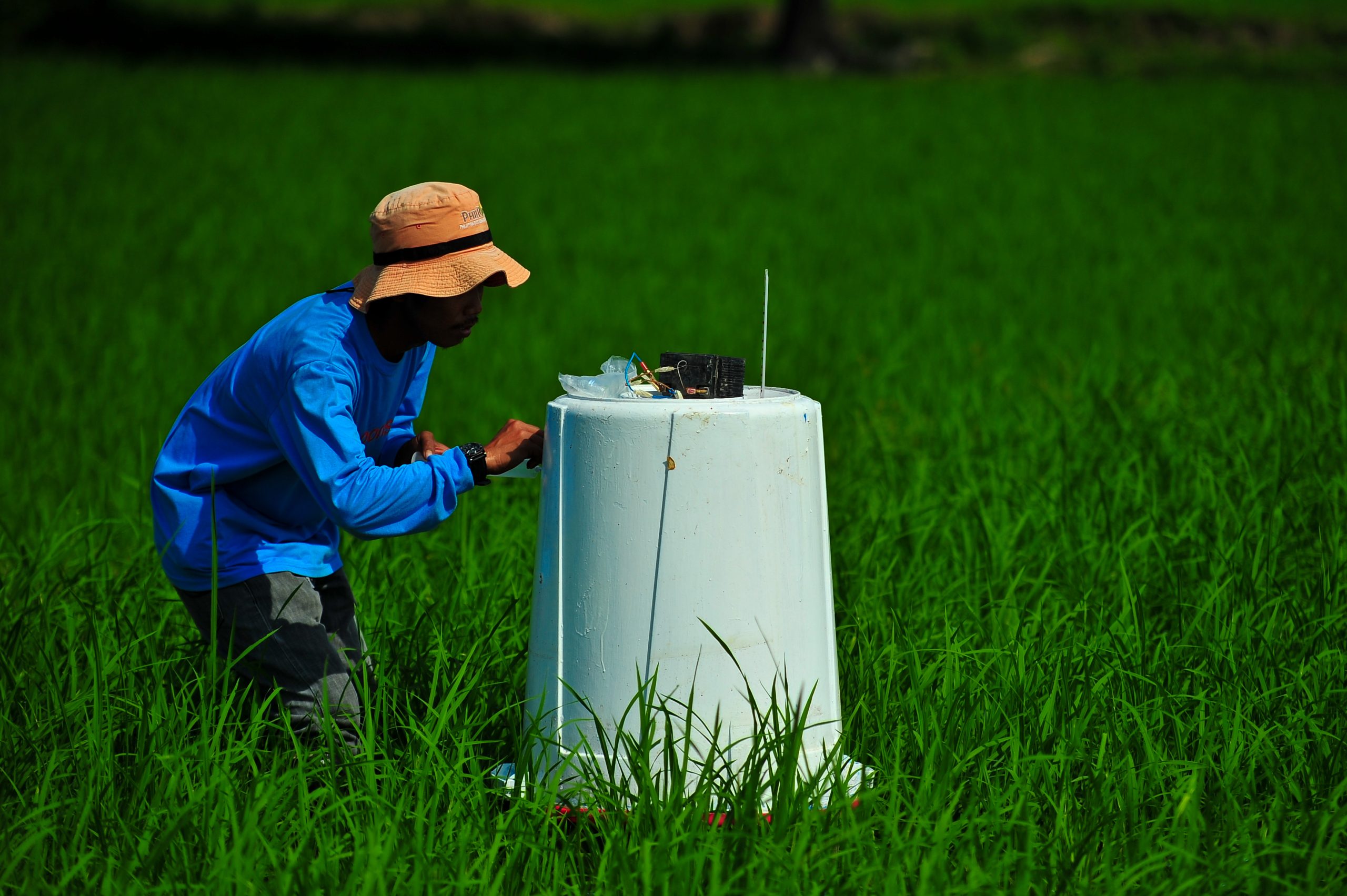
Incentivising low emissions rice production through satellite technology in Vietnam
This partnership between Carbon Farm, Rikolto, the International Rice Research Institute – Vietnam and the Australian Department of Foreign Affairs and Trade is working to train and support rice producers in Vietnam in more sustainable rice growing techniques and pilot an innovative Measuring, Reporting and Verification (MRV) method that uses artificial intelligence and satellite technology to quantify the methane emission reductions achieved.
The technology will make MRV less expensive, more accurate and easier to scale – lowering carbon market entry barriers for smallholder rice producers and generating new incentives and the funding needed for more farmers to move to more sustainable production.
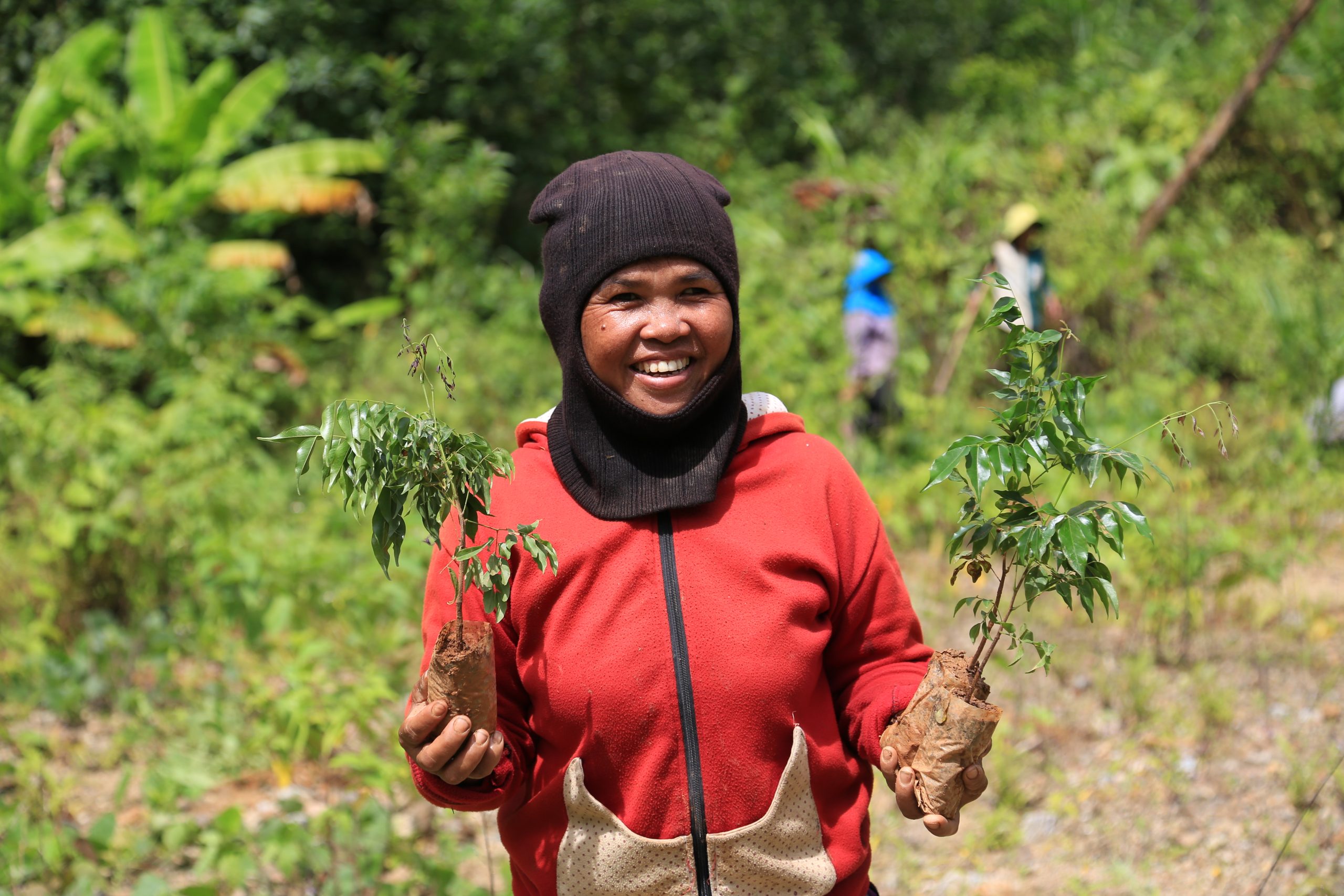
Enabling nature-based carbon projects in Vietnam
This partnership between NatureCo, the Centre for Nature Conservation and Development,
One Tree Planted and the Australian Department of Foreign Affairs and Trade is working to help pave the way for high integrity nature-based carbon projects to be implemented in Vietnam.
The project will map opportunities for nature-based solutions across the country, work with local organisations to build carbon skills, and develop a pilot reforestation carbon project, to lay the foundations for future growth and private sector investment in nature-based solutions in Vietnam.

Sustainable Cricket Farming in Vietnam
This partnership between Cricket One, Entomo Ventures and the Australian Government is scaling cricket farming in Vietnam to benefit the climate, farmers and consumers.
Compared with beef, producing 1kg of edible crickets creates up to 100 times fewer greenhouse gases, 10,000 times less land, 15 times less feed, and 8000 times less water. The partnership supports a marketing campaign and technology & product innovations to promote the consumption of crickets and catalyse growth in this exciting new industry.
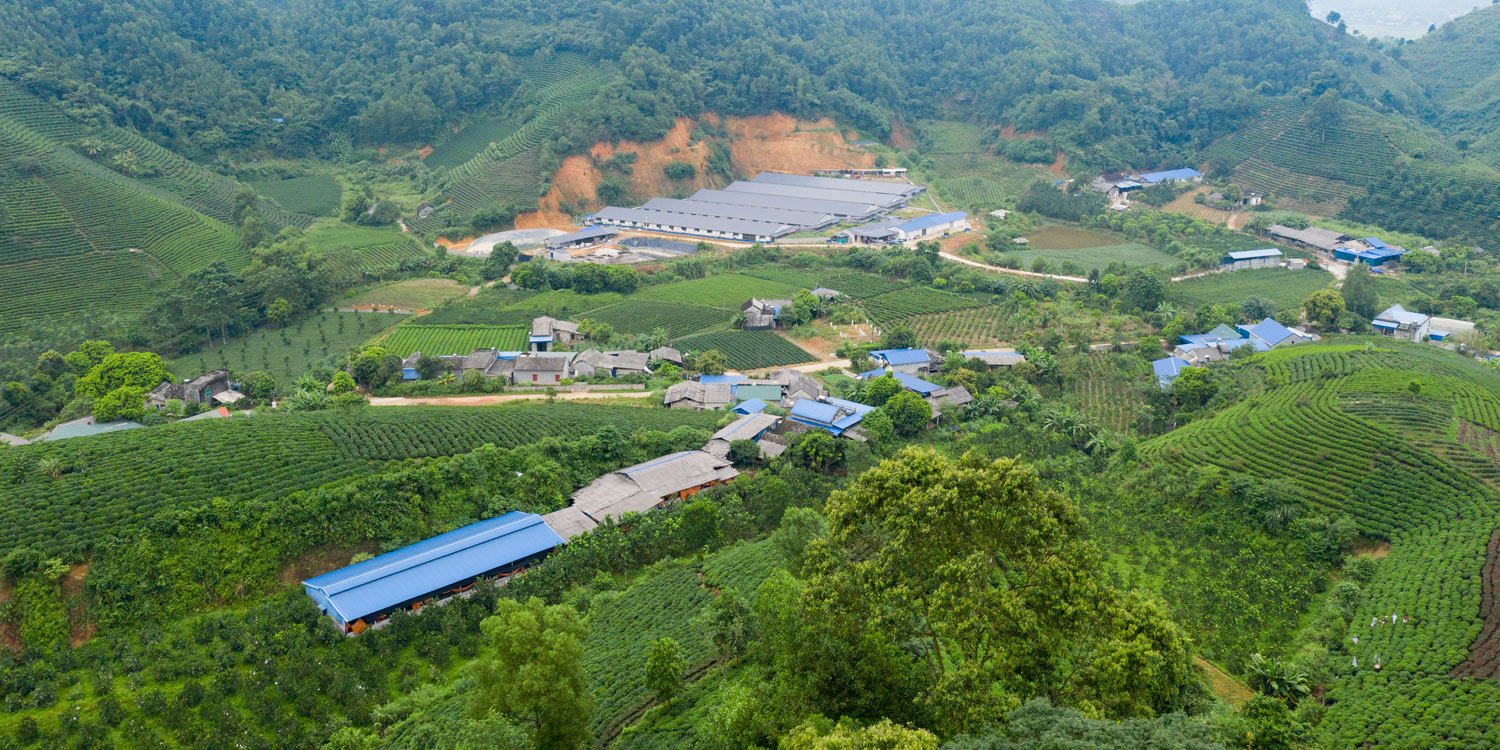
Bioenergy on commercial farms in Vietnam
This partnership between E-GREEN, SNV Netherlands Development Organisation, HD Bank and the Australian Government is promoting green recovery in Vietnam by scaling up sustainable electricity generation at large and medium-sized pig farms using state-of-the-art equipment.
Currently, there are over 8,500 large and medium-sized commercial pig farms in Vietnam with biogas digesters for manure treatment. Almost all the biogas plants produce biogas well above the demand for cooking, resulting in the biogas being either flared or released into the atmosphere without burning – increasing greenhouse gas emissions. This partnership uses this on-site excess biogas to generate energy – benefitting the climate and reducing costs for farmers.
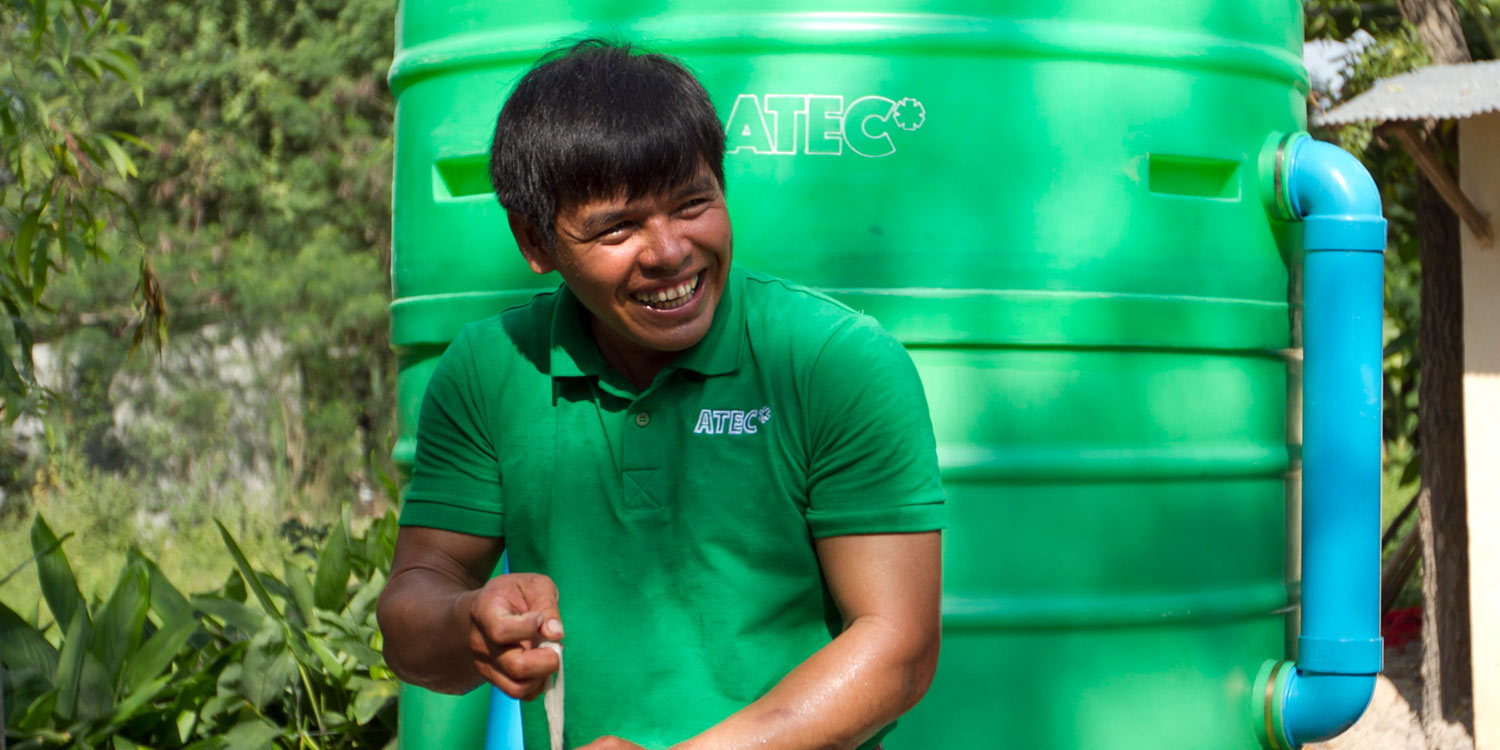
Sustainable and affordable paygo biodigesters in Bangladesh
This partnership between ATEC* Bangladesh and the Australian Government will scale ATEC’s paygo biodigester technology to provide more rural households with sustainable and affordable biogas for cooking and for use as an organic fertiliser.
Each biodigester will offset 112 tonnes of greenhouse gas emissions and reduce firewood collection by 6.5 tonnes over a biodigesters’ lifetime, and ATEC will utilise the voluntary carbon credits market to reduce costs to end consumers and enable the biodigester’s wider-spread use.
Banner image (top) courtesy of BPP Partners, Orlar (c) Ngô Quang Thịnh.

